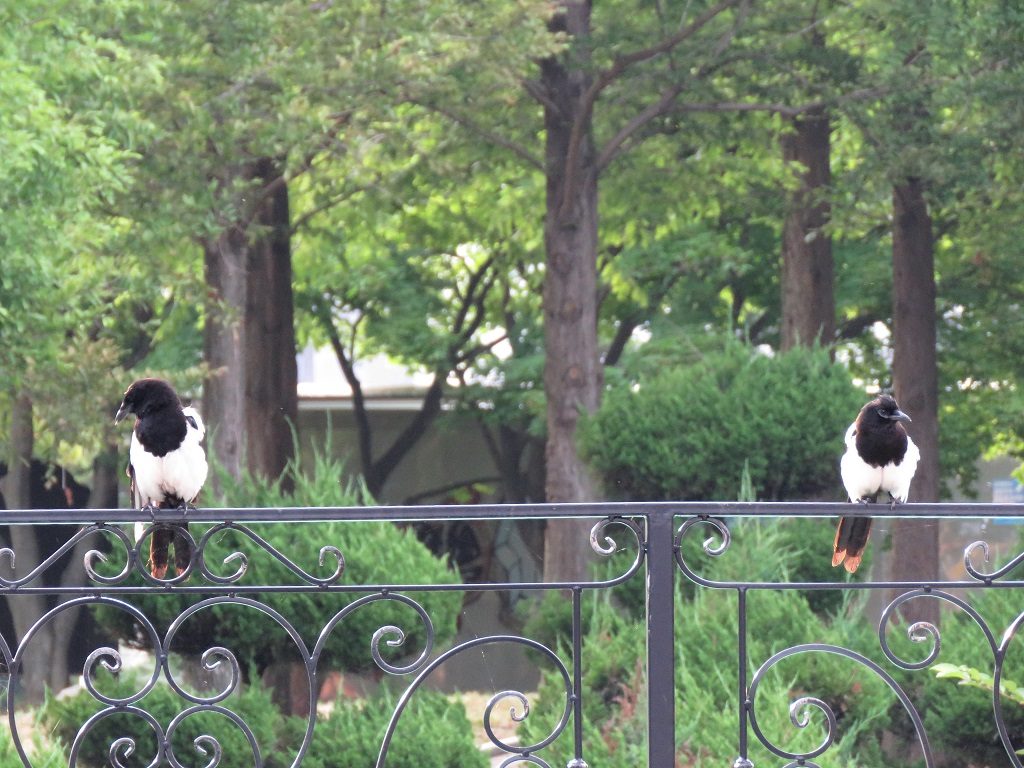“Tony, did you hear what Donnie said about you?”
Donald Trump called Anthony Fauci “a bit of an alarmist” about the coronavirus pandemic. Fauci denied being an alarmist, and insisted he is merely a realist.
This is important news because…because Fauci works for Trump, and has basically controlled the Trump administration’s actual policy (as opposed to Twitter rhetoric) on the pandemic for five months now, even while Fauci’s boss, who could have relieved him of his duties at any moment during those months, continues to pretend, for the sake of appeasing — or rather palliating — his base, that he is a hawk and a swamp-drainer who isn’t putting up with all this “alarmism” coming from his own administration’s expert (i.e., preacher man), on the pandemic.
If this makes any sense to you, then you must have been a reality television fan for years, even before presidential politics became the genre’s latest and greatest primetime hit. For the essence of reality television, of course, as Trump, one of its master builders, understands very well, is that it is overtly fake and staged and orchestrated and produced, but uses shaky cameras and quasi-real people in order to simulate reality just well enough — enough, at least, to satisfy the video game, virtual-reality-saturated majority — to coax the weak-minded and perpetually bored to suspend their disbelief and go along for the ride.
In this regard, reality television is exactly like mainstream news. They are in the same game. Thus, when CNN builds a storyline out of the public “feud” between Trump and Fauci, they are basically carrying their audience back to that comforting, half-awake world of TV nostalgia — we all remember the perspective-bending days of old-fashioned network primetime television, when characters from one show would appear on another show, in order to boost the ratings of each.



